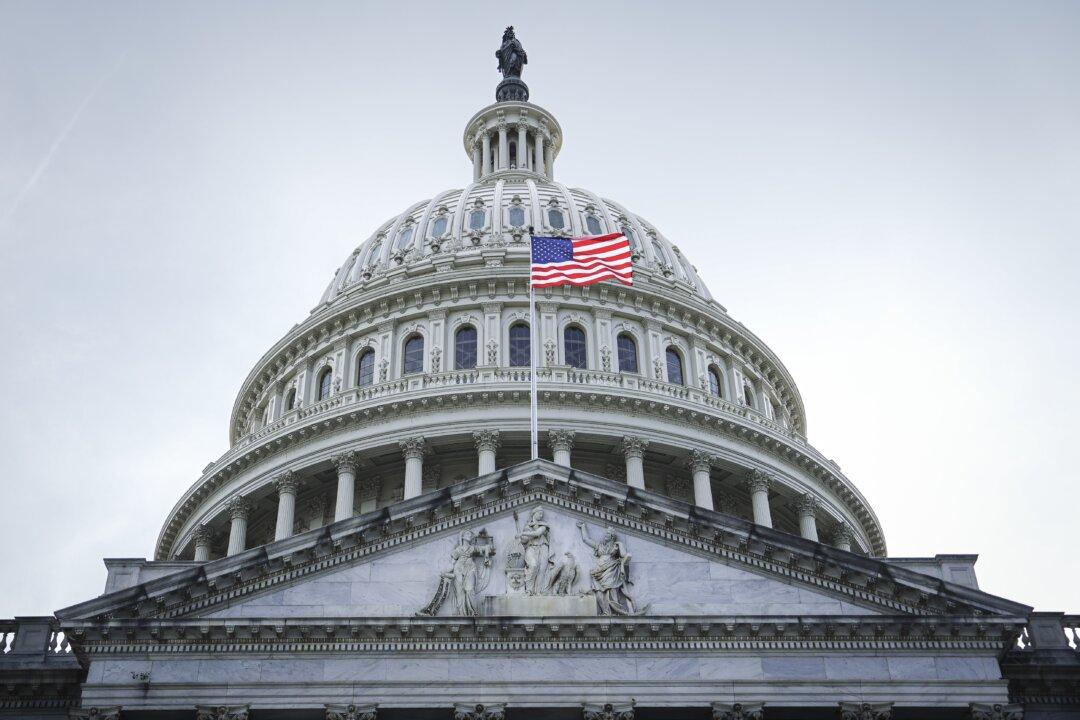Senate Republicans on Dec. 6 blocked the advancement of a supplemental bill to fund Ukraine, Israel, and the border, taking issue with the bill’s border measures that they say are not tough enough.
The tally was 49–51 as the Senate failed to clear the 60-vote threshold to begin debate on the $110.5 billion package.





